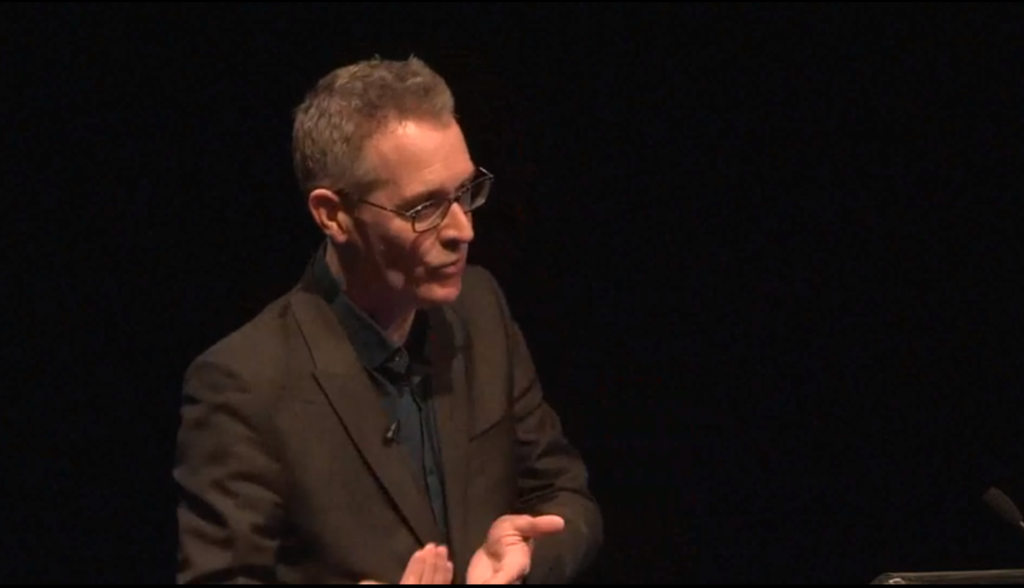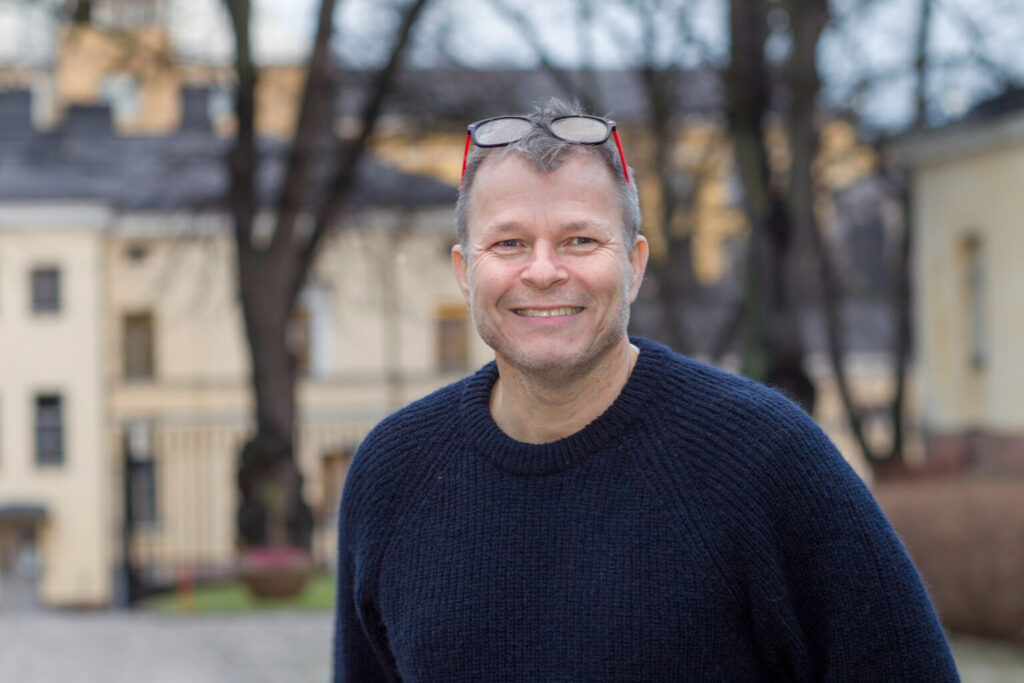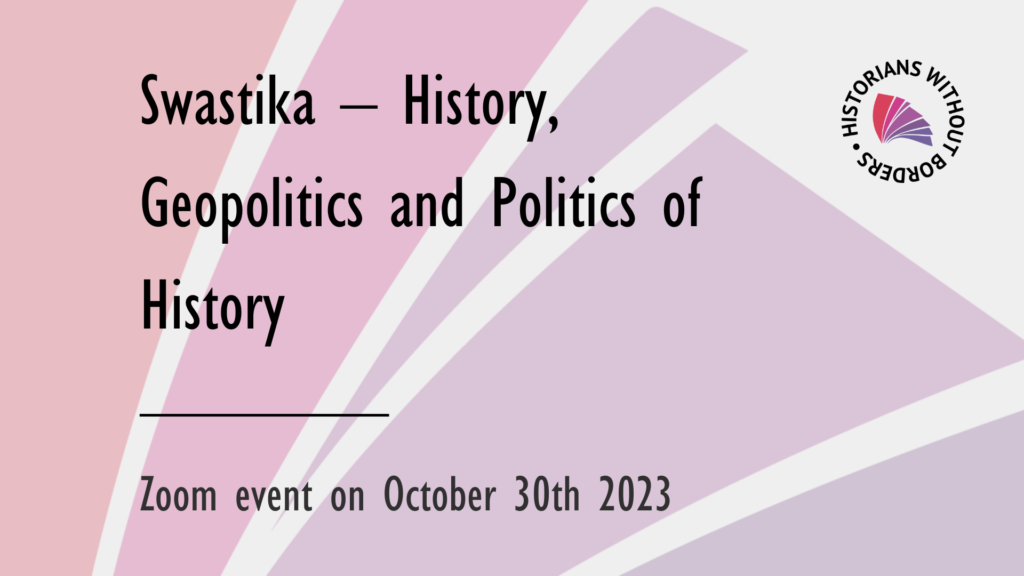Historians Without Borders invites You to an online event on Monday 30th October 2023 where we will discuss the modern history of the use of the swastika, or the hooked cross, in 20th century Europe and the current use and implications of the symbol, for example in the NATO-allied Finnish Defence Forces. The event consists of general discussion as well as presentations by Malcolm Quinn, Professor of Cultural and Political History at University of the Arts London and Teivo Teivainen, Professor of World Politics at the University of Helsinki.
Presentations:
Rebranding the Nation: The Nazi Swastika and the Problem of History
Malcolm Quinn
When we discuss the Nazi swastika, we are presented with a historical problem – how do we develop a cultural history of cultural usurpation? What Hitler wanted was to rebrand Germany as ‘Germanic’ through the use of the spurious idea of a conquering Aryan race, by turning the symbol of a racist party into the national symbol of Germany. This racialised notion of the ‘Germanic’ was itself a false construction developed out of Indo-European language theory, which, on the basis of the common roots of Sanskrit, German, Old Norse and other languages, assumed that they shared a root language spoken by an ancient race. One lesson that we can learn from the study of the Nazi swastika that still applies in the twenty first century, is that calls for national renewal and a return to collective ‘greatness’, may be made by sectional interests or marginal groups whose aim is to occupy public consciousness and colonise public space.
Our Separate Swastika: History Politics of the Hooked Cross in Finland
Teivo Teivainen
The swastika, or hooked cross, was used as an official or commercial symbol in various countries during the first decades of the 20thCentury. In most places within the geopolitical west its use was discontinued when its association with the Nazi regime in Germany became evident. In Finland, however, it is still used for example as an official symbol of several Air Force units. In what context did the use of the symbol emerge in Finnish nationalism? How has its geopolitical brand changed since the times it signified resistance to Russia and communism? How is the symbol perceived in the context of NATO membership and recent debates on racism in Finland? The current government has suggested the possibility to criminalize both Nazi and communist symbols, apart from criminalizing holocaust denial. What are the potential implications for historiographical debates and freedom of expression?
The event consists of presentations and general discussion and takes place on Monday 30th October 2023 at 5:00-6:30 pm Helsinki time (EET) / 3:00-4:30 pm UK time via Zoom. The discussion will be recorded and published on Historians without Borders’ Youtube-channel.
The discussion is open to everyone. You are warmly welcome!
Speakers:

Malcolm Quinn is Professor of Cultural and Political History at University of the Arts London. He is the author of The Swastika, Constructing the Symbol (Routledge 1994). He has published histories of the politics of the aesthetic in fascism and liberalism, most recently as the general editor of The Persistence of Taste (2018) and (with Anthony Julius and Philip Schofield) as an editor of Bentham and the Arts (2020).

Teivo Teivainen is Professor of World Politics at the University of Helsinki. He has received the Hopkins Prize from the American Sociological Association, the Amartya Sen Prize from Yale University and the Outstanding Activist Scholar Award from the International Studies Association. He is also the Chairperson of the working group on colonialism within Historians without Borders and currently he is preparing a book on the use of the hooked cross in the Finnish context.
Recording:
About the organizer:
Historians without Borders is an international network whose goal is to bring together historians across national frontiers and to bridge the gap between academia, policy makers and the general public in order to bring the knowledge of historians to wider use. The purpose of the network is to promote public discussion about history and the use of historical knowledge for peacebuilding and conflict resolution. You are welcome to join our network of over 400 members by signing the Historians without Borders declaration!
Additional information:
Heta Hedman
Secretary General
Historians without Borders in Finland
heta.hedman@hwb.fi
tel: +358406608979

